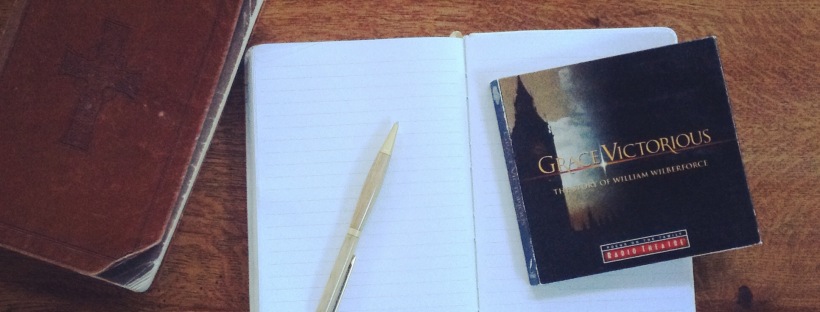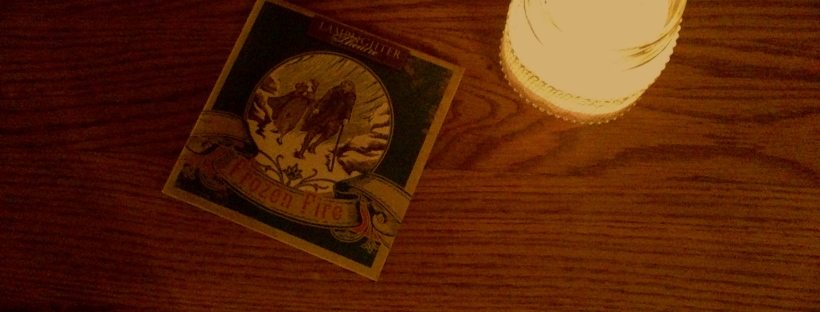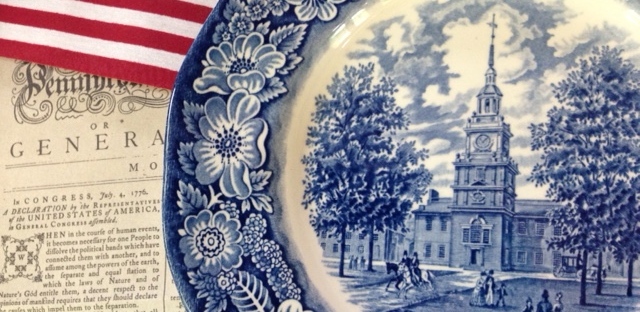The year is 1776. It’s a sultry July day. But bells ring and excitement fills the air. You stand shoulder to shoulder with your neighbors as you hear these words read for the very first time…
“We hold these truths to be self-evident, that all men are created equal, that they are endowed by their Creator with certain unalienable Rights, that among these are Life, Liberty and the pursuit of Happiness.–That to secure these rights, Governments are instituted among Men, deriving their just powers from the consent of the governed, –That whenever any Form of Government becomes destructive of these ends, it is the Right of the People to alter or to abolish it, and to institute new Government, laying its foundation on such principles and organizing its powers in such form, as to them shall seem most likely to effect their Safety and Happiness. Prudence, indeed, will dictate that Governments long established should not be changed for light and transient causes; and accordingly all experience hath shewn, that mankind are more disposed to suffer, while evils are sufferable, than to right themselves by abolishing the forms to which they are accustomed. But when a long train of abuses and usurpations, pursuing invariably the same Object evinces a design to reduce them under absolute Despotism, it is their right, it is their duty, to throw off such Government, and to provide new Guards for their future security.–Such has been the patient sufferance of these Colonies; and such is now the necessity which constrains them to alter their former Systems of Government. The history of the present King of Great Britain is a history of repeated injuries and usurpations, all having in direct object the establishment of an absolute Tyranny over these States. To prove this, let Facts be submitted to a candid world….”
As the list of injustices the colonies have suffered at the orders of King George continues, your mind wanders over the last several years. Yes, you’ve lived the “taxation without representation” and seen your friends forced to house British soldiers in their homes. You’ve heard the stories of colonists deprived of trial by jury and of sailors impressed in the British navy to fight against their neighbors. Of course, the story of Paul Revere’s ride sends shivers down your spine.
And, yet, for all they’ve done against you, you know some good Loyalists. There are a few even in your extended family. Yes, the men in Independence Hall wrote it like it often is: “Enemies in War, in Peace Friends.”
The next words bring you to the present.
“We, therefore, the Representatives of the united States of America, in General Congress, Assembled, appealing to the Supreme Judge of the world for the rectitude of our intentions, do, in the Name, and by Authority of the good People of these Colonies, solemnly publish and declare, That these United Colonies are, and of Right ought to be Free and Independent States; that they are Absolved from all Allegiance to the British Crown, and that all political connection between them and the State of Great Britain, is and ought to be totally dissolved; and that as Free and Independent States, they have full Power to levy War, conclude Peace, contract Alliances, establish Commerce, and to do all other Acts and Things which Independent States may of right do. And for the support of this Declaration, with a firm reliance on the protection of divine Providence, we mutually pledge to each other our Lives, our Fortunes and our sacred Honor.” [1]
On that July day in 1776, no one knew whether these words would still be remembered centuries later. But here we are on Independence Day, 2015, and Americans across the country still have the opportunity to read and remember these words and all that went into and came out of them.
However, as I read particular sections, something nags at me. Perhaps your 21-century self notices it, too. Along with the gratitude, joy, and thrill we can feel as we recognize the depth of the ideals laid out in this Declaration, we may see the inconsistencies. There are several, but here’s one I’d like to focus on:
“We hold these truths to be self-evident, that all men are created equal, that they are endowed by their Creator with certain unalienable Rights, that among these are Life, Liberty and the pursuit of Happiness..”
As these words were written, not everyone in America was free as we tend to look at freedom. In fact, for over a hundred and fifty following years, some people viewed others as “less” because they had a different skin color. What does that mean for the War for Independence that we honor? Did America miss something?
If you’ve ever wondered if the American Revolution was just “a white man’s thing”, you and Marvin Washington could have a great conversation. As an African-American boy himself, Marvin isn’t too excited about his new school project on the War for Independence. However, a journey back to 1775 that eventually lands him in the middle of the Battle of Bunker Hill gives him a glimpse of history he had missed. While Abigail Adams was waiting for news to send to her husband about the battle, a man by the name of Salem Poor was distinguishing himself on the battlefield. His actions would later bring him commendations from multiple officers. I hope you’ll check out “The American Revelation Parts I&II” by John Fornoff and that this story will inspire you to learn more just as it inspired me.
So on this Independence Day, while we must recognize that America has gotten some things very wrong and that it most probably will again, I think we can be grateful for many things. A few examples are
- the men and women from all different walks of life with all different appearances who sacrificed together to build our country,
- the opportunity to hear their words as we stand shoulder to shoulder with our neighbors.
- the challenge to build on their foundations,
- a Creator who really did give all people certain rights.
Gratitude for those things – now that’s American.
Maybe even more American than hot dogs and apple pie.
1. “The Declaration of Independence: A Transcription” http://www.archives.gov/exhibits/charters/declaration_transcript.html (accessed 3 July 2015).


